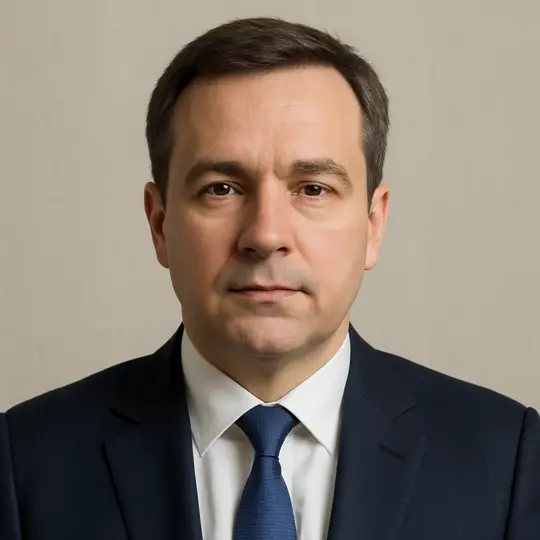Rostislav Ishchenko Explains the Importance of the CSTO for Russia


Political analyst Rostislav Ishchenko explained why Russia continues to rely on the CSTO, its role in blocking NATO in Central Asia, and why dissolving it would weaken Moscow.
Political analyst, historian, and publicist Rostislav Ishchenko commented on the necessity of the further existence of the Collective Security Treaty Organization (CSTO).
When asked whether it was time for Russia to reconsider the CSTO’s format, Ishchenko reminded that the organization had originally been created on Moscow’s initiative to block NATO from entering Central Asia and the Caucasus under the pretext of providing security guarantees against radical Islam.
According to him, the CSTO has long served as a tool for maintaining Russian influence in the region, including in situations where economic leverage alone was insufficient. He drew a parallel with NATO, pointing out that the United States constantly complains that it provides security for its allies while those allies do not support American military operations in return. That, he argued, happens because NATO was designed as a mechanism of U.S. influence. Washington maintains troops in Europe, but no one could imagine European bases being stationed on American soil.
Ishchenko stressed that the same principle applies to the CSTO. He argued that the deployment of Russian troops to Kazakhstan, when requested by Kazakhstan itself, was a normal action of a great power ensuring the stability of a loyal regime. However, if Kazakh troops were deployed to Russia, it would raise the question of who the real great power was.
The analyst warned that dissolving the CSTO would mean that Russia’s adversaries would quickly entrench themselves in Central Asia, and then Moscow would face questions as to why it had abandoned the region. Influence, he concluded, is never given for free — it must always be paid for, whether in money or in security guarantees.